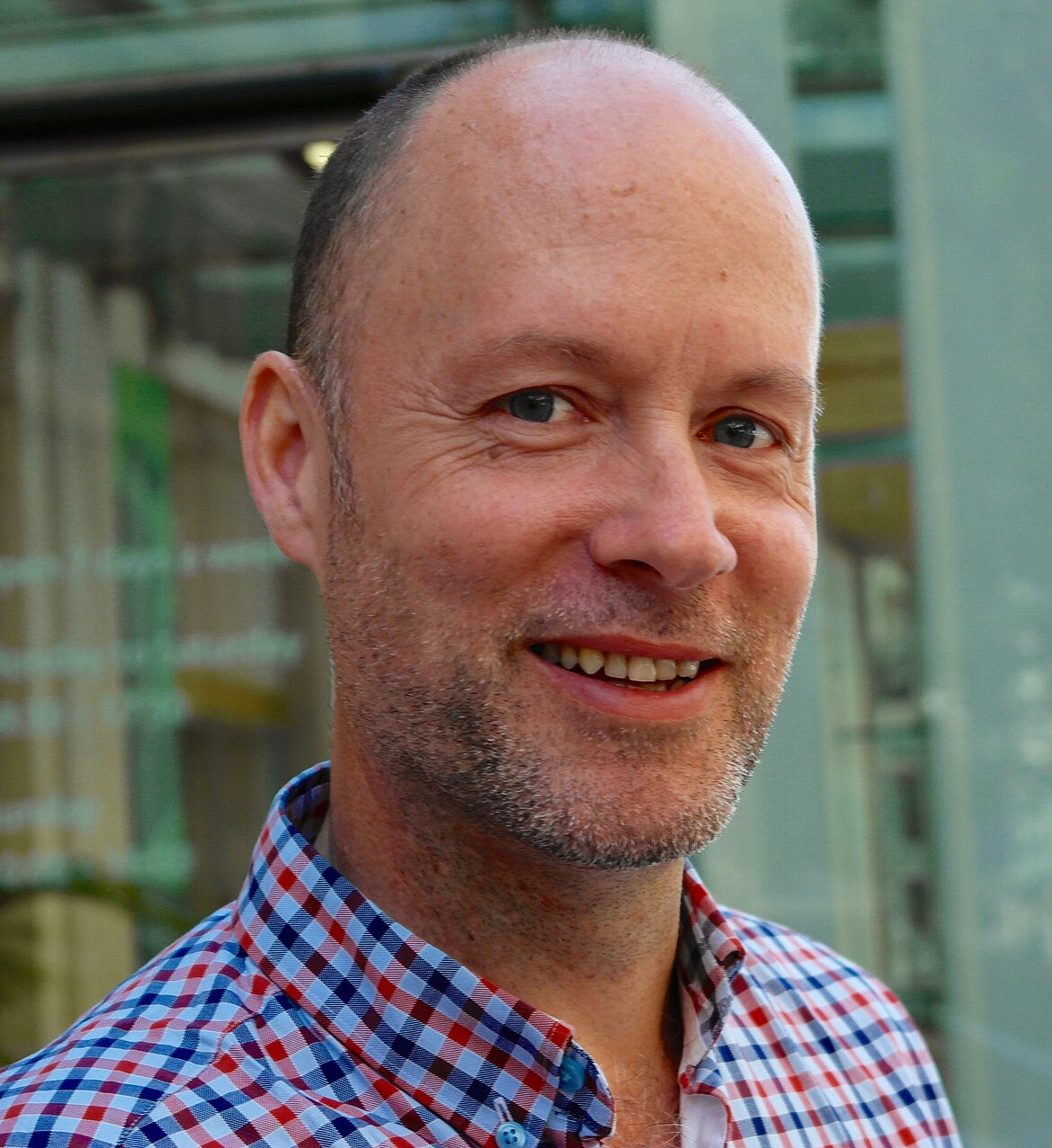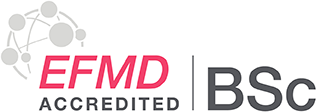#international: "I was pleasantly surprised with how easy it was to interact"
News

Mark Badham
At the end of October, Mark Badham taught the course “Digital Interaction and Communication” in the master’s program Corporate Communication Management (MCCM). Originally planned as an on-site seminar, the course had to be taught online at short notice due to the increasing number of Covid cases. In the interview with student reporter Conny Reinhard, the guest professor reports on his (digital) experiences, talks about his teaching philosophy and about his role as a lecturer.
Mr. Badham, in Pforzheim you have worked with Master students. How can students get the most out of your courses?
I do like to challenge master level students. Because if I set the bar high, good and clever students push themselves to try harder. I believe in what I call ‘the investment principle’. In life and in these studies – the more we invest time and resources into something, the more we will receive back from that investment. Students who are willing to invest more time and effort will not only do better in my course, they will learn more and do better later in working life. I also appreciate students who, when it gets difficult, come and ask me questions.
Normally we conduct the interviews face to face with our visiting lecturers in Pforzheim. Today we are separated by about 2,000km and yet it feels like we are sitting in the same room. What are your experiences of online teaching?
Sometimes I teach hundreds of students in one large auditorium and I can’t see everyone’s faces. But through Zoom I get close-ups of students’ faces which helps me with a better emotional feedback through facial expressions. I have a better idea of whether students are misunderstanding or understanding me and if we are all present. That is one big advantage. I was pleasantly surprised with how well the course in Pforzheim went. The smaller group in the MCCM made it easy to interact and involve everyone.
In other words, despite the distance, the course was more personal than usual?
I still feel that we do get to know each other better through in-person teaching. Because in a classroom setting, I tend to walk around a bit. When we have breaks or when the students are coming and going, I can chat with them and I get to know students better that way. Then after class we can hang around and chat as well. That doesn’t happen so much in the remote teaching.
How do you currently teach under corona conditions in Finland?
One course is hybrid teaching, so that is a little bit weird. I have students in a big auditorium with face masks and social distancing. And through the screen I have lots of students joining us from home. Trying to integrate that is a little bit more challenging than 100% remote or 100% in person. In the other course we really just use lectures from last year that were recorded. I added features in Moodle for weekly live Q&A sessions, to try to be more present with them in a course. But that sort of way of doing it is not ideal. The reactions are mixed. Some students feel more comfortable with the remote learning for some reasons. They are more comfortable interacting with me remotely. But then other students want to be there in person, they miss the social interaction.
I have experienced it myself in your course. You want to prepare your students as well as possible for working life.
For me in teaching, I take on the challenge of trying to show students this world of corporate communication that they may have never heard of. I hope that some of them will choose corporate communication as a major and later as a career. We need more professional people working in corporate communication. We need skilled people who can help good politicians with their messaging, help CEOs of large corporations and brands to do an effective job with building and defending good reputations and helping them to be successful. Because in the end it helps corporations sell more products that benefit people, which contributes to the economy, and it helps citizens vote for the right politicians or support the right legislation. My role in universities is to help motivate and educate students to become clever corporate communication professionals who contribute to the economy and society.
My last question regards the content of your lectures. You have various areas of interests in the field of Corporate Communication – which one is your absolute favorite?
If I had to put my finger on one it would be news media relations. Earlier on I was a journalist for a little while. I entered that field because I was a good writer. I also ran a women’s magazine when I lived in Australia. When I started to work in corporate communications, I had to write for journalists. You can’t just call them up and say, “I have a story”. Learning how to write for the news media is a skill that takes a lot of effort and time to learn. I became quite good at it because I started to work for Australian politicians. Now that I am teaching media relations, I really enjoy it because I understand the writing and the processes that go on and what really triggers the journalist’s interests.
Thank you for the interview, Mr. Badham.
The Jyväskylä University School of Business and Economics (JSBE) is an AACSB-accredited business school and one of the six faculties of the University Jyväskylä. In total, the university has around 16.000 students and is one of the best universities in Finland. It is located in a forest region, similar to Pforzheim University, and is famous for Alvar Aalto, the leading Finnish designer.
https://www.jyu.fi/en


